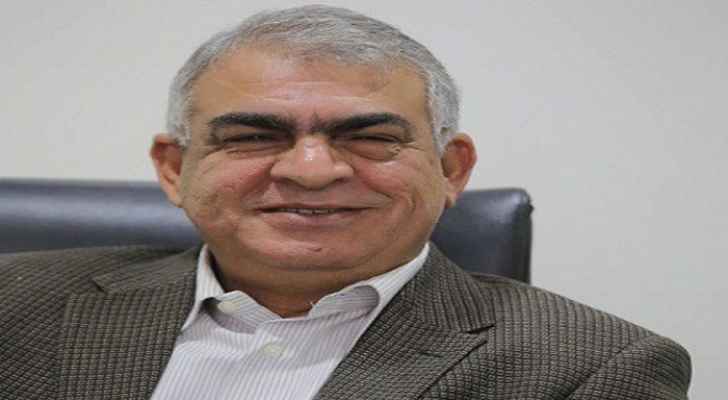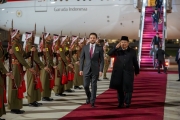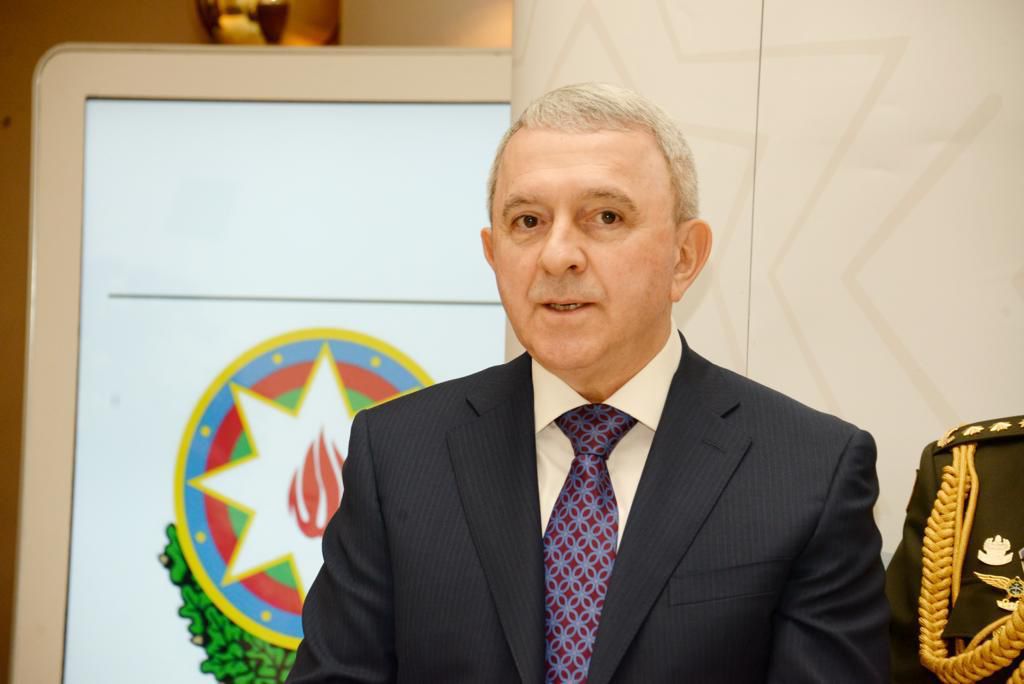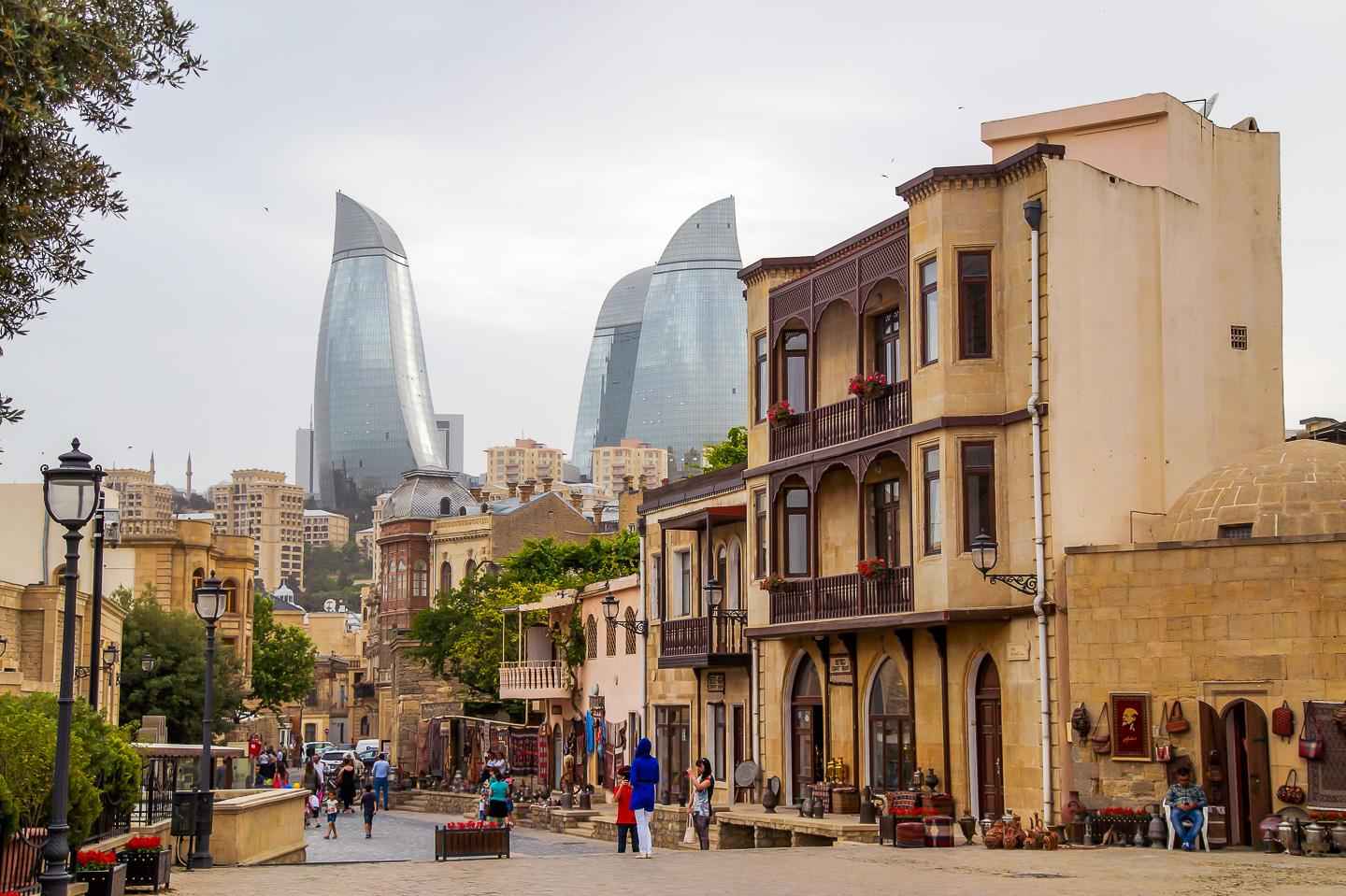By : Issam Qadamani
Jordan Daily - The tourism crisis today mirrors the hardships faced during the COVID-19 pandemic. The impact has been particularly severe on Petra and Wadi Rum, which heavily rely on international tourism. Petra experienced a significant downturn due to COVID-19, with closures and layoffs reaching alarming levels until the Social Security Corporation intervened with innovative programs to stabilize employment.
Petra and the camps in Wadi Rum are not the only ones under pressure. Hotels in the Dead Sea and Aqaba are also struggling, though they seem to have more resilience. So far, 28 hotels have closed, and around 300 employees have been laid off. As the crisis continues, more closures are likely.
Shouldn't these closures prompt all tourism sector officials, especially the minister, to rally and form a crisis management committee? The current approach of accepting the situation and waiting for the crisis to end on its own has shut the door on potential solutions. But what happens after the crisis? Will its aftermath also require attention?
This brings us back to a previously ignored suggestion: establishing an emergency fund to support the tourism sector whenever necessary, with contributions from both the public and private sectors. This also calls for reviving the Social Security Corporation's "Sustainability Program" to stabilize employment until recovery allows workers to return to their positions.
Officials are not expected to inject money, although that is needed. What is required is their active engagement with the crisis, offering moral support and assistance to investors and employees, who are part of the local community.
The cancellation rate of group tourist bookings to Jordan from October 2023 to January 2024 reached 90%. For the period from February to June 2024, cancellations are expected to reach 93%. Tourism revenue declined by 6.5% in the first five months, totaling 1.9 billion dinars ($2.6 billion), compared to the same period in 2023.
We await bold decisions, such as temporary tax reductions, freezing or lowering Social Security subscription fees, temporarily reducing or freezing sales tax, and cutting energy bills until the crisis ends and the sector recovers. These measures could halt the financial losses; otherwise, hotels and tourism establishments in Amman, Aqaba, the Dead Sea, Ajloun, Jerash, Petra, and Wadi Rum may not survive.
These hotels and many tourism-related businesses, such as restaurants, are caught between the drop in foreign tourism during peak season and the pressures of high costs and debt obligations. The situation is reminiscent of the COVID-19 era, but this time, it's driven by tourists' fears of increasing regional tensions.
We have urged marketing Jordan as a peaceful haven in a troubled neighborhood, but this requires intensified efforts. It appears that the relevant promotional institutions have not found the right approach. Was the marketing flawed, or was the expenditure insufficient?
The World Bank's recent report warnings have materialized, but the situation seems worse. It may require rescue packages similar to those implemented during the COVID-19 crisis to preserve jobs and support the sector, ensuring hotels and restaurants remain operational.
Tourism is interconnected with numerous other sectors, such as food supply, wholesale and retail trade, transportation, and construction. Delayed action could lead to widespread failures.
The government made a wise decision by exempting tourism business owners (hotels, travel agencies, restaurants, tour guides, and souvenir shops) from license renewal fines for the current year until June 30, 2024. However, the sector needs more support.
The revenue from tourism and remittances from Jordanians abroad exceeds all the aid and grants Jordan receives. The urgency to act and support this vital sector cannot be overstated.











